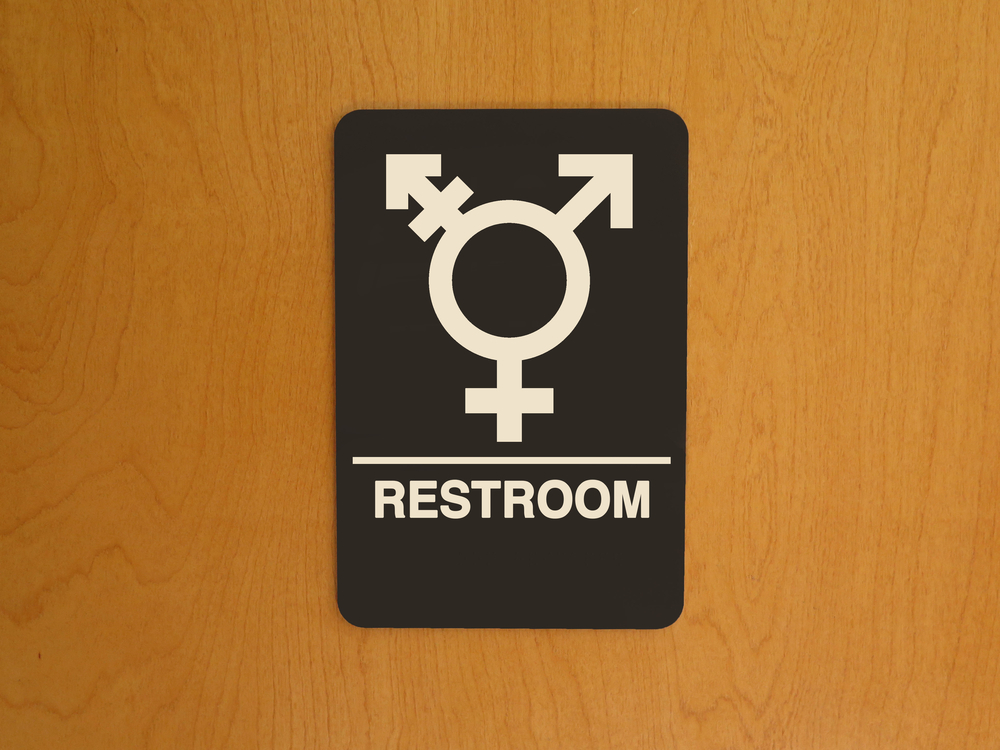Taking a second look at the use of “no future employment” provisions in a settlement agreement between a doctor and his former employer, the Ninth Circuit Court of Appeals recently held that two of the three provisions constituted “restraints of substantial character” that ran afoul of California’s restriction on noncompete clauses. Golden v. California Emergency Physicians Medical Group, No. 16-17354 (9th Cir. July 24, 2018) (“Golden II”).
In 2007, Dr. Donald Golden, an emergency room surgeon, sued his former employer, California Emergency Physicians Medical Group (“CEP”), claiming that he had been fired because of his race. After mediation, the parties orally agreed to settle the dispute. However, Dr. Golden later refused to sign a written settlement agreement, arguing that three provisions therein violated the restriction on noncompete agreements embodied by California Business and Professions Code Section 16600. Section 16600 provides that, aside from certain exceptions, “every contract by which anyone is restrained from engaging in a lawful profession, trade, or business of any kind is to that extent void.”
Dr. Golden challenged the following provisions of the proposed settlement agreement as violative of Section 16600:
- A provision preventing Dr. Golden from working or being reinstated at any facility that CEP owns, manages or contracts with.
- A provision allowing CEP to terminate Dr. Golden without any liability if CEP contracts with an emergency room at which Golden is employed or rendering services.
- A provision allowing CEP to terminate Dr. Golden without any liability if CEP contracts with a facility at which Golden is employed or rendering services.
The district court originally granted a motion to enforce the agreement and ordered Dr. Golden to sign, reasoning that the provisions would only prevent him from working for, not competing with, his former employer CEP, and thus Section 16600 did not apply. When the Ninth Circuit first considered this issue on appeal (Golden I), it reversed, holding that Section 16600 applies not only to noncompetition agreements but to any contractual provision that places a “restraint of a substantial character” on a person’s ability to practice a profession, trade, or business. The Ninth Circuit remanded the case to the district court to apply this standard, but the district court again ordered Dr. Golden to sign the settlement agreement, concluding that the disputed provisions did not constitute a restraint of a substantial character.
Addressing the dispute a second time in Golden II, the Ninth Circuit clarified that to meet the “restraint of substantial character” standard, “a provision need not completely prohibit the business or professional activity at issue, nor does it need to be sufficient to dissuade a reasonable person from engaging in that activity…[b]ut its restraining effect must be significant enough that its enforcement would implicate the policies of open competition and employee mobility that animate [Business and Professions Code] section 16600.”
The Ninth Circuit concluded that the first clause prohibiting Golden from working at any facility contracted by, owned, or managed by CEP was valid, as its effect on Golden’s ability to practice medicine was minimal. However, the court held that the second and third restrictions proposed by CEP would “easily rise to the level of a substantial restraint, especially given the size of CEP’s business in California.” CEP currently staffs 160 healthcare facilities in California and handles between twenty-five and thirty percent of the state’s emergency room admissions. Because the second and third restrictions would affect Golden’s “[existing] and future employment at third-party facilities” where CEP provided services, even if the CEP services began after Golden’s employment, and even if CEP’s services did not compete with the services Golden provided, the provisions ran afoul of Business and Professions Code Section 16600.
The Ninth Circuit’s recent decision is a good reminder that California generally disfavors noncompete agreements. California employers may wish to review their separation/settlement agreements with this case in mind or to consult with counsel to ensure that their agreements comply with California law.










